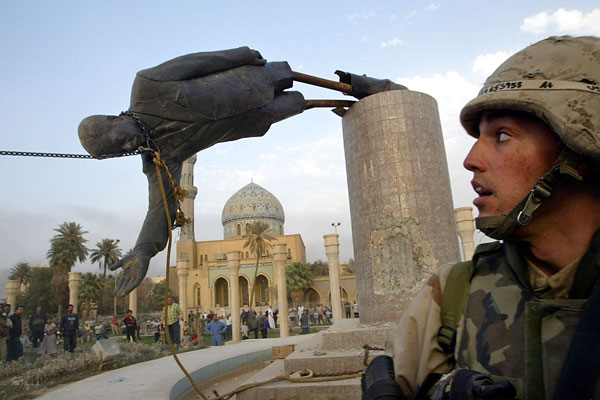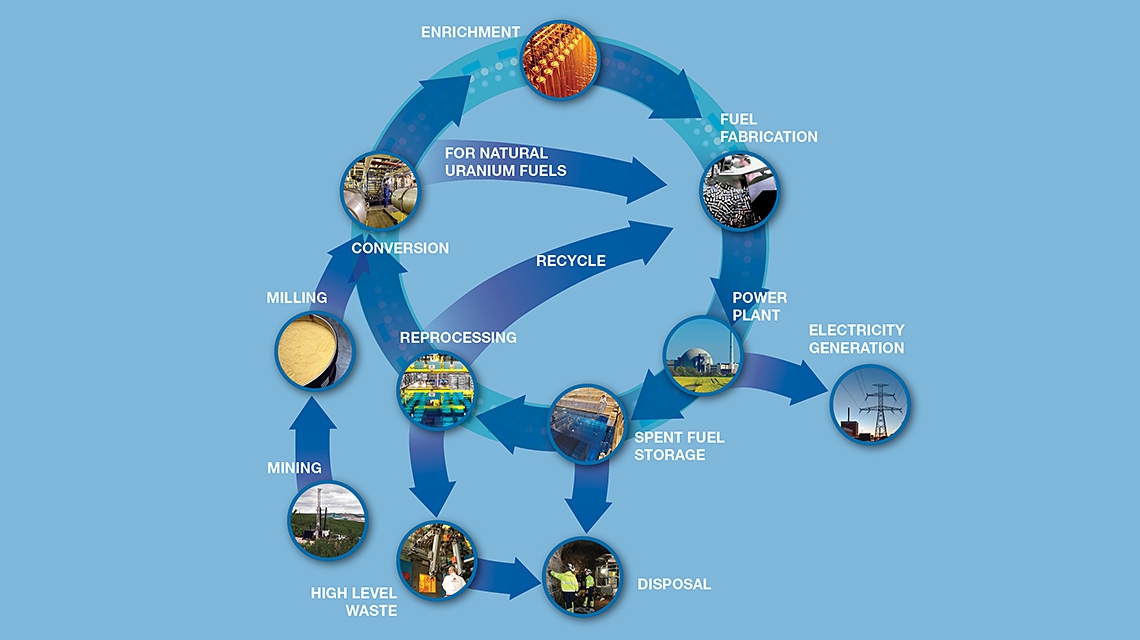
Il corso si prefigge l'obiettivo di fornire agli studenti gli strumenti per analizzare le principali linee evolutive del sistema internazionale, a partire dagli anni '80 - con il processo di collasso dell'Unione Sovietica e fine della Guerra Fredda - fino al contesto più recente. Particolare attenzione sarà data a un'analisi delle cause della fine della Guerra Fredda e alle principali crisi internazionali succedutesi dagli anni '90 in poi. Aspetti importanti da analizzare saranno: il ruolo dell'ONU durante il periodo analizzato (bilancio delle missioni di peacekeeping), l'attività della NATO nel contesto post-Guerra Fredda, l'evoluzione della politica estera americana e i tentativi di formazione di una politica estera e di sicurezza comune in Europa. Altri temi affrontati, relativi all'inizio del XXI secolo, saranno l'affermazione sulla scena internazionale di "nuove" potenze, quali Cina e India (e le sue conseguenze), e le maggiori problematiche e sfide relative agli armamenti nucleari.
- Docente: Giordana Pulcini

Divided in two modules (Module 1: Multicultural American Literature; Module 2: Asian American Writers), the course focuses on the discussion, from a multiethnic and multicultural perspective, of historical, social, political, and economic issues that arise from the reading of the literary selection. Special attention will be given to the analysis of literary texts in order to understand the relationship between American literature and the national identity of the United States of America.
- Docente: NICOLANGELO BECCE
- Docente: ANNA GABRIELA MARIA PAOLA DI LODOVICO
- Docente: Giuseppe Iannaccone
- Docente: Luisa Messina Fajardo
- Docente: GIULIANO SANTANGELI VALENZANI

La frequenza in classe è fortemente consigliata, visto che una parte della valutazione degli studenti dipenderà dalle attività in presenza che saranno svolte durante le ore di lezione.
Per gli studenti che hanno il corso da 6 crediti, il programma è il seguente:
per i frequentanti:
- McGeorge Bundy, "Danger and Survival. Choices about the bomb in the first Fifty Years", Random House, 1988 (fino a p. 583)
- Al suddetto volume si aggiungono le letture che metterò a disposizione su moodle
per i non frequentanti:
- McGeorge Bundy, "Danger and Survival. Choices about the bomb in the first Fifty Years", Random House, 1988 (fino a p. 583)
- William C. Potter, "The Origins of the US-Soviet non-proliferation cooperation," Adelphi Series, published online in July 2018
- John Krige, "Atoms for Peace, Scientific Internationalism, and Scientific Intelligence", Osiris, Vol. 21, No. 1, Global Power Knowledge:Science and Technology in International Affairs (2006), pp. 161-181
- Jack Boureston & Tanya Ogilvie-White, "Expanding the IAEA’s nuclear
security mandate", Bulletin of the Atomic Scientists, Vol. 66, No. 5 (2010), pp. 55-64
A questi testi va aggiunta una scelta fra le seguenti alternative:
- JACK CARAVELLI, "BEYOND SAND AND OIL. THE NUCLEAR MIDDLE EAST", PRAEGER, 2011
– dispensa disponibile presso la copisteria “Appunti” in via Chiabrera, 174, tel/fax: 0659605579
- Docente: Marilena Gala
- Docente: ALBERTO BASCIANI
- Docente: Valerio Gatta
issues related to terrorism as a global phenomenon
- Docente: Giovanni Mario Ceci

The course is structured in 4 parts (9 CFU):
1) An overview of the European Union’s history, politics and institutional developments: from the European Community of the 1970s to the EU of the 2000s. The roots of the EU environmental policy within the context of its energy policy and external relations.
2) Environmental challenges and politics in an international history perspective, from the Stockholm Conference of 1972 to the Paris Agreement of 2015: conservation; global threats; multilateral negotiations; and the rise of climate change in international politics.
3) The development of the EU environmental policy in global environmental governance. Global-scale environmental challenges, climate change and the international role of the EU in the 1990s and 2000s.
4) Students’ short papers and presentations (see list of recommended readings/bibliography).
- Docente: Laura Fasanaro